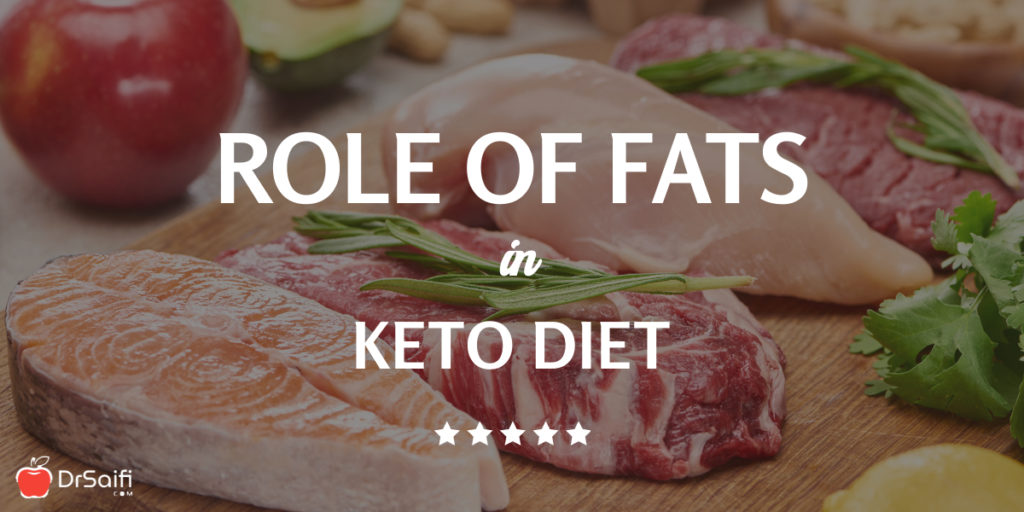The Role of Fats in a Ketogenic Diet
Introduction
Picture this: You’re setting out on a journey to redefine your lifestyle, to take control of your health and wellness, and to transform your body. You’ve done your research, and you’ve decided upon the ketogenic diet – a low-carb, high-fat diet that has gained popularity for its potential benefits such as weight loss and improved brain function. But, as you delve into this new regimen, you find yourself asking, “Why are fats so important in a ketogenic diet?”
In this article, we will unravel the role of fats in a ketogenic diet, demystifying its importance and guiding you on your path to better health and wellness.
The Heart of the Ketogenic Diet: Fats
The ketogenic diet is distinguished by its high fat content, typically constituting 70-75% of daily caloric intake. This stark contrast from traditionally prescribed diets often raises eyebrows. But, rest assured, there is a science-backed reason for this fat-centric approach.
The ketogenic diet is designed to shift your body’s metabolism from burning glucose (sugar) to burning fats for energy, a state known as ketosis. When you consume fewer carbs, your body has to look for an alternative energy source, and that’s where fats come in.
From Fat to Fuel: The Process of Ketosis
Ketosis is the cornerstone of the ketogenic diet. When the body doesn’t have enough glucose for energy, it burns stored fats instead, resulting in a build-up of molecules called ketones. These ketones then serve as a new energy source for the body and brain.
It’s akin to switching your car from petrol to electric power. While the transition process might be challenging, the benefits can be remarkable. This switch in metabolic state can lead to heightened energy levels, sharper mental clarity, and significant weight loss.
The Good, The Bad, and The Essential: Understanding Types of Fats
Not all fats are created equal. For a successful ketogenic diet, it’s vital to consume the right types of fats.
- Saturated Fats: These are typically solid at room temperature and can be found in foods like butter, coconut oil, and red meat. They play a crucial role in our body functions, such as hormone production and immune system support.
- Monounsaturated Fats: Found in foods like avocados, olives, and almonds, these fats are heart-healthy and can help reduce bad cholesterol levels.
- Polyunsaturated Fats: These encompass Omega-3 and Omega-6 fatty acids, essential fats our body can’t produce on its own. These fats help combat inflammation and support mental health.
- Trans Fats: These are the fats to avoid. Typically found in processed foods, they can raise bad cholesterol levels and increase the risk of heart disease.
Conclusion
The role of fats in a ketogenic diet is one of paramount importance. They are not just a source of calories but are the key to unlocking your body’s potential to enter ketosis and reap the benefits. Understanding the types of fats and their role in our body can help you navigate your ketogenic journey with confidence.
Embarking on a ketogenic diet is not just a change in food habits; it’s a lifestyle choice. It’s about taking control of your health, learning about your body, and making informed decisions that align with your wellness goals.
Remember, every wellness journey is unique, and what works for one might not work for another. Listen to your body, consult professionals when in doubt, and keep exploring the path to better health and wellness.
The ketogenic diet, with its focus on healthy fats, could be the key to unlocking a healthier, more vibrant you. It’s not just a diet; it’s a pathway to a new lifestyle. Are you ready to turn the key?



